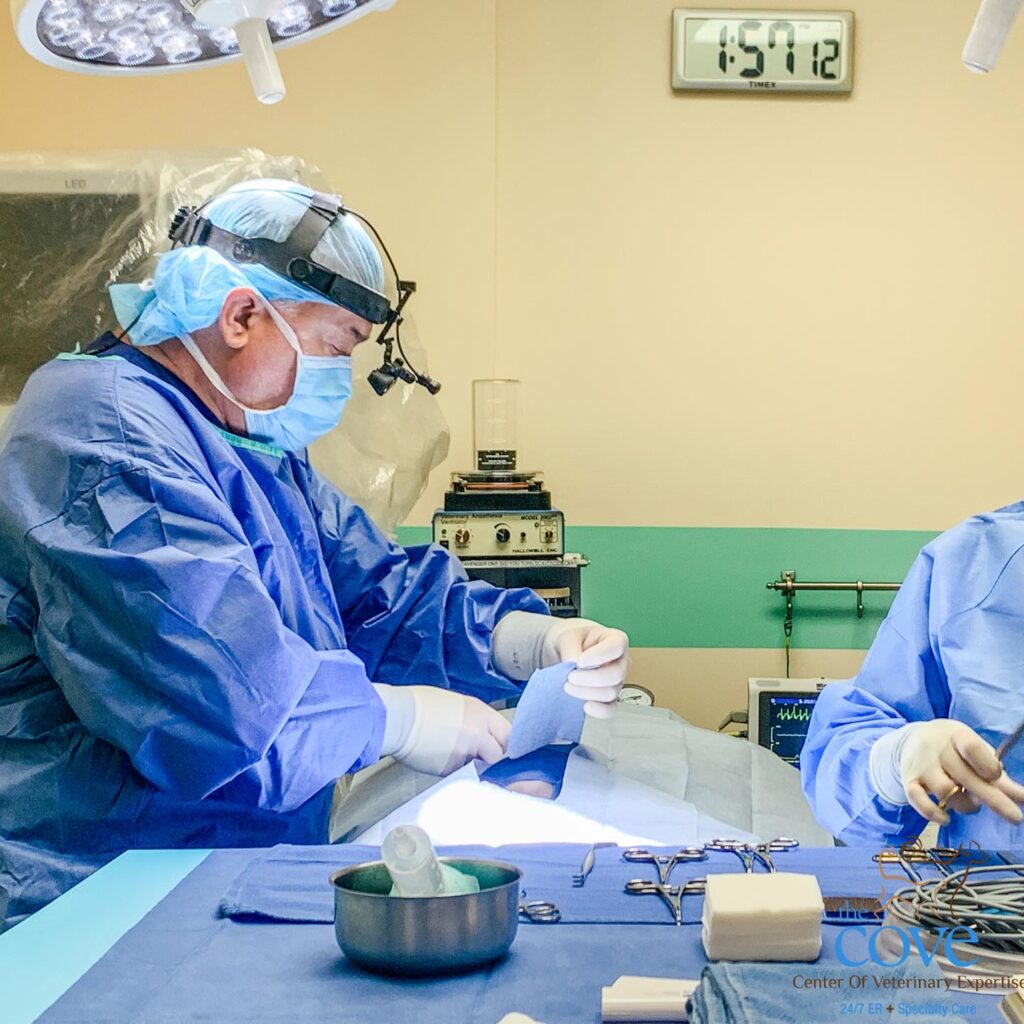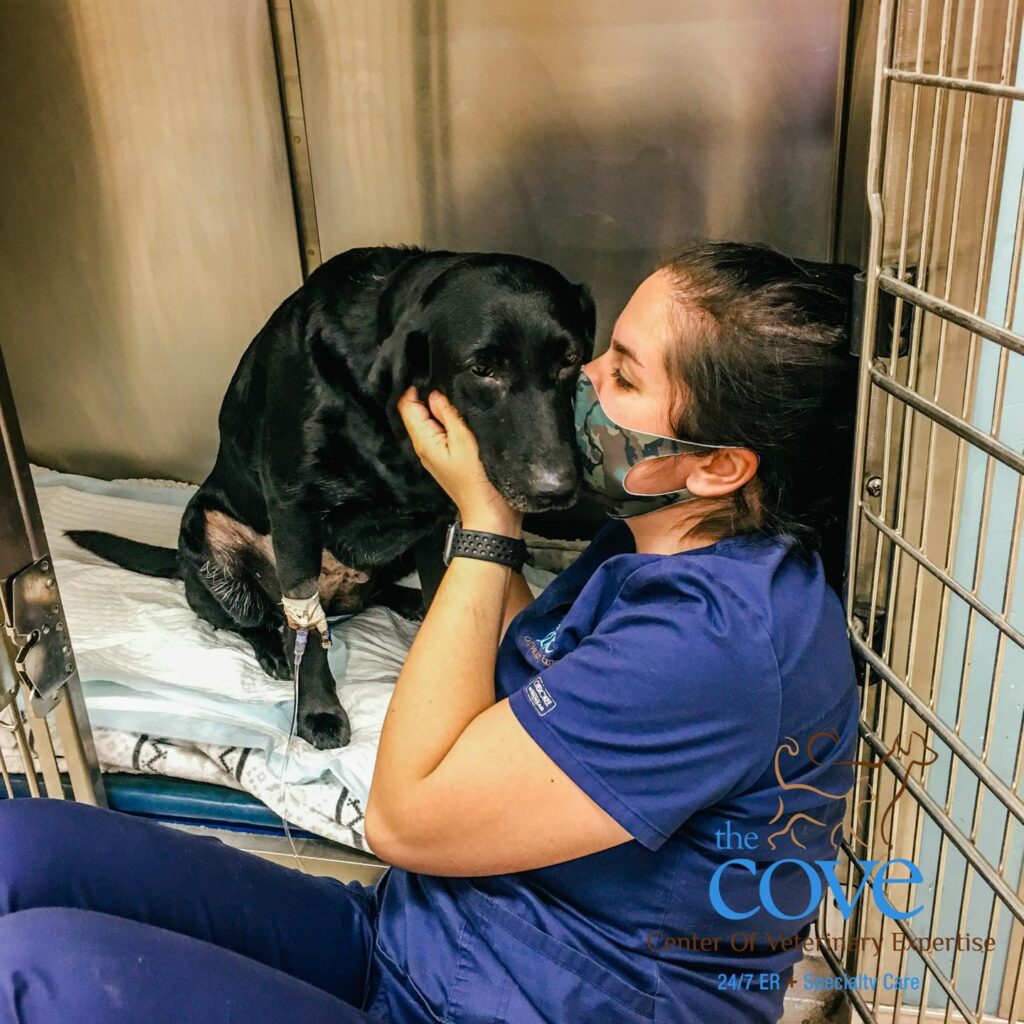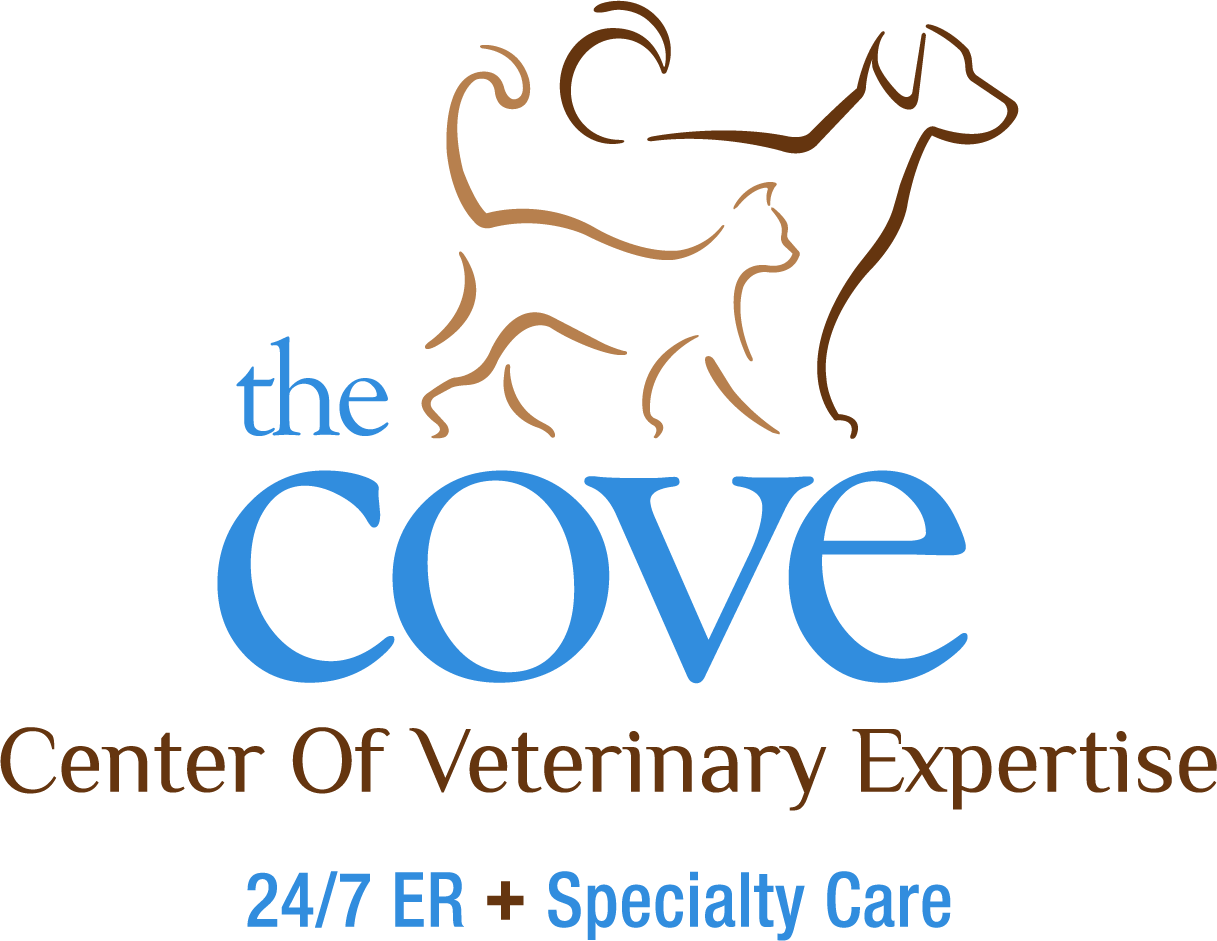It’s understandable that hearing the words “your pet needs surgery” is not at the top of any pet parent’s list. You may have a million questions, or your mind may go blank! Either way, our team is here for you and your pet. After 10 years of providing advanced surgery to the Suffolk region’s pets, we have a good idea of what pet owners want to know, and we will do our very best to address what you can expect if your pet needs surgery.
Surgical Consultation
When you bring your pet to us for their initial surgical consultation, our board-certified veterinary surgeon, Dr. Jeff Stallings, will examine your pet. He may ask you about your pet’s injury or condition and review your pet’s medical history. He will also answer your questions to ensure you are confident in the care you choose for your beloved companion.
During this appointment, we will perform the recommended pre-operative diagnostics necessary for your pet. This will include but is not limited to drawing blood that will be sent to a reference lab, which will tell us if your pet’s organs are functioning well enough to effectively manage and eliminate the anesthesia used during surgery. Once we have the lab results, we will customize an anesthesia and pain management plan specific to them, to ensure their safety and comfort.
Then, we’ll schedule the surgical appointment and advise you of any instructions you should follow beforehand.
Hospital Admission

On the day of surgery, once your pet is admitted to the hospital, we will:
- Perform a pre-operative exam to ensure your pet is healthy and well for surgery
- Give a mild sedative to help your pet relax
- Place an IV catheter to deliver IV fluids, which keeps your pet’s blood pressure stable and provides hydration during and after surgery
- Administer anesthesia, using the most advanced monitoring equipment and anesthetic techniques to ensure your pet’s safety
- Place your pet in a warming blanket to keep their temperature stable during anesthesia
- Monitor your pet’s vital signs before, during, and after anesthesia
- Administer any pain medications to keep your pet comfortable
- Give lots of TLC
- Monitor your pet 24/7 while they are in the hospital recovering
In-Hospital Recovery

Depending on your pet’s procedure, they may need to stay in the hospital for a day or two following surgery. During this time, experienced licensed veterinary technicians will monitor their progress, administer IV pain medication, and give your pet lots of love and care. Our surgical team will also examine your pet daily and provide any updates to you by phone.
At-Home Care
Our team will discuss the expected range of time for your pet’s recovery during your surgical consultation. When your pet is released from the hospital, we will meet with you to review comprehensive written home-care instructions. Following these instructions carefully will give your pet the best chance of a complete and successful recovery. Home care instructions will include information about:
- Medications
- E-collars
- Activity restriction/crate rest
- Wound and incision care
- Helping to manage your pet’s stress or boredom
- Follow-up appointments in our hospital
Surgery Follow-up
Generally, we like to have your pet return for their first follow-up exam two weeks after surgery. At this appointment, we will remove any sutures if necessary, check the surgery site for expected healing, and answer any questions you have. We will also make a plan for continued follow-up appointments based on the surgery performed, including any necessary radiographs to check for complete bone healing. Because appointments fill up quickly, it’s a good idea to schedule when you arrange your pet’s surgery.
If you have any questions about our surgical services, don’t hesitate to contact us. Please call 757-935-9111 for more information or to schedule a consultation.
About Us
The COVE’s veterinarians and staff wholeheartedly embrace the core values of community, collaboration, commitment, compassion, and integrity. This focus ensures that pets, the people who love them, and their primary care veterinarians have as positive and affirming a healthcare experience as possible, regardless of the circumstances that bring us all together.
